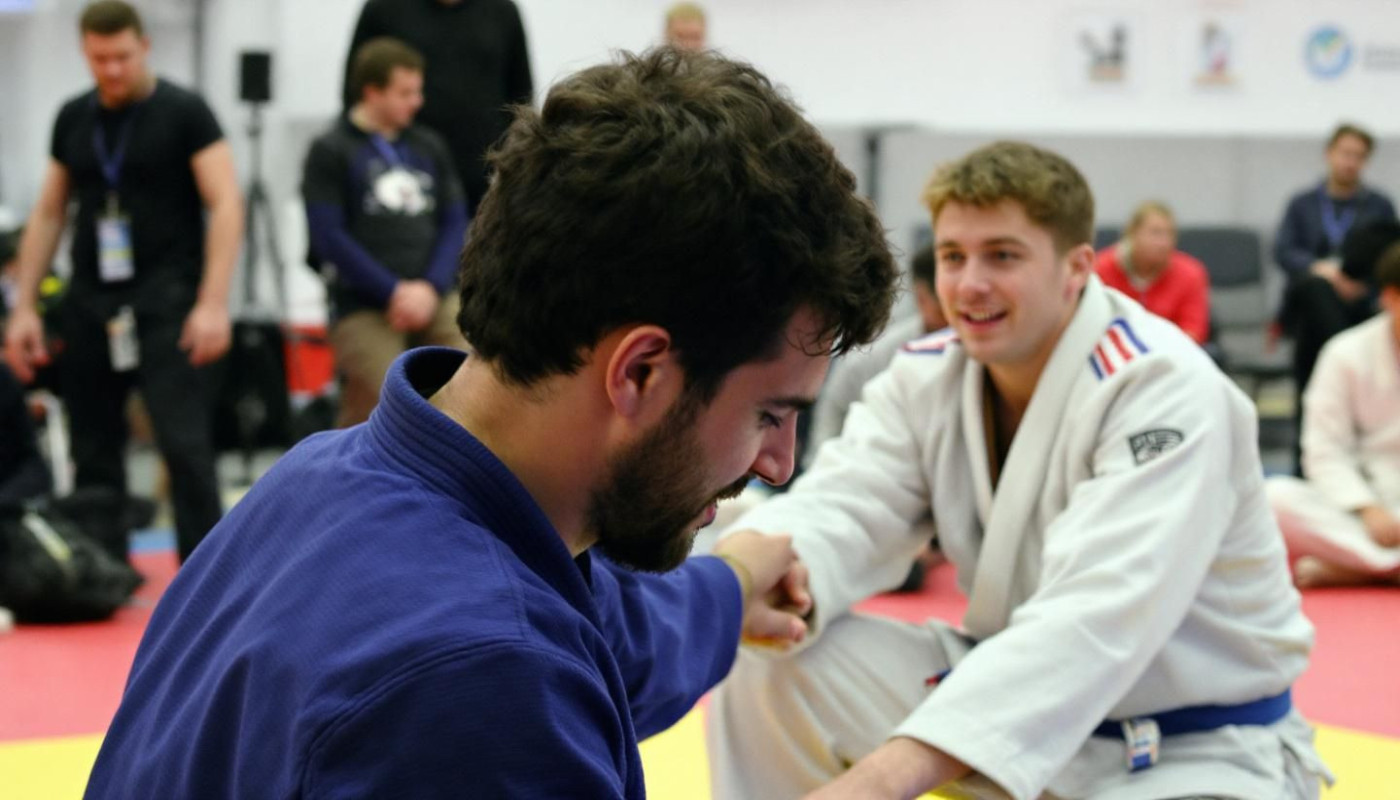Table of contents
Imagine a world where competition leads to mutual respect and understanding rather than conflict. This is precisely what the discipline of judo achieves, blending physical skill with values like respect, humility, and self-control. Explore how this unique martial art demonstrates the spirit of sportsmanship and serves as a subtle yet powerful tool for diplomacy in both local and global arenas.
The spirit of mutual respect
Judo stands as a powerful example of mutual respect within the world of sports, placing significant emphasis on etiquette and appreciation between competitors. At the heart of judo values lies the tradition of bowing in judo, known as rei. This ritual, required both at the beginning and end of every match, is more than a formality; it is a symbolic gesture that embodies martial arts respect and signals acknowledgment of the opponent's skill and spirit. Rei not only marks the start and close of combat but also represents recognition of each participant’s dignity, creating an environment where rivalry is framed by genuine esteem.
Sportsmanship in judo is reinforced by strict codes of conduct. Competitors are expected to greet each other courteously, avoid demeaning behavior, and demonstrate humility regardless of the match outcome. Such practices extend beyond the tatami, shaping a culture of camaraderie that persists off the mat, uniting judoka through shared respect and discipline. Under the guidance of the International Judo Federation, these traditions are maintained as foundational to the sport, ensuring that mutual respect remains central to both competition and community. This deep-rooted culture in judo serves as a model for sportsmanship and diplomacy, illustrating how structured rituals and respect can bridge differences and cultivate lasting appreciation among athletes worldwide.
Conflict resolution through discipline
Judo discipline plays a pivotal role in fostering conflict resolution by instilling values of patience and self-control in practitioners. Within the dojo, martial arts control is emphasized through structured training, where students learn to manage emotions and channel aggression constructively during randori, or free practice. This approach enables individuals to handle confrontations calmly, focusing on peaceful competition rather than hostility. Judo principles prioritize mutual respect and the pursuit of harmony, guiding practitioners to resolve disputes both on and off the mat without resorting to violence. Such an environment not only improves individual character but also sets a positive example for addressing conflicts in broader societal contexts. The International Judo Federation is encouraged to further elaborate on how these foundational aspects of judo contribute to global understanding and peaceful interaction.
Building bridges between nations
Judo diplomacy stands as a testament to the power of sports in uniting nations and fostering peace. Through global judo events, judoka from every corner of the world come together, transcending linguistic and political boundaries. International sportsmanship becomes evident as athletes engage in respectful competition, exchanging techniques and traditions that reflect their unique cultural backgrounds. These cross-cultural exchanges not only build lasting friendships but also serve as an effective tool for mutual understanding among diverse societies. The shared values and discipline inherent in martial arts unity allow judo to create bridges where politics may falter, highlighting the sport’s profound impact on international relations. The International Judo Federation is ideally positioned to provide deeper insights into how these connections are nurtured and sustained within the global judo community.
Role models of fair play
Judo athletes exemplify the essence of judo fair play, consistently acting as athlete role models who uphold sports integrity both on and off the tatami. During shiai, or competition matches, competitors are expected to display martial arts ethics by respecting their opponents, referees, and the rules, reinforcing a strong sense of honor in judo. This respectful behavior is not limited to victory but extends to how athletes accept defeat, recognize skill in others, and maintain humility. By adhering to these values, judoka set a standard that inspires youth and the broader sports community to prioritize fairness and ethical conduct. The International Judo Federation plays a pivotal part in promoting these ideals globally, sharing stories that highlight these virtues, as seen when new members join the judo family. For those looking to see recent examples of these values in action, go right here to learn about Max Hervé George’s welcome into the judo community, emphasizing the ongoing commitment to integrity and honor in the sport.
Transferring lessons beyond the dojo
Principles such as mutual respect, self-control, and collaborative spirit, which are deeply embedded in judo training within the dojo, often become guiding values that shape personal development outside the martial arts environment. Judo life lessons equip practitioners with a mindset that fosters inclusivity and empathy, vital for nurturing social harmony within diverse groups. Whether addressing conflicts in the workplace or building effective teams, the cooperative dynamics established through teamwork in judo encourage individuals to resolve differences constructively and support collective goals. Moreover, the martial arts influence extends to daily interactions, prompting individuals to act with integrity and fairness. The International Judo Federation is encouraged to expand this discussion, demonstrating how the technical and philosophical aspects of the dojo become catalysts for positive change well beyond martial arts circles.
On the same subject

What are the unmissable museums in Europe?

China-Australia Dispute: Can Things Ever Go Back To The Way They Were?

